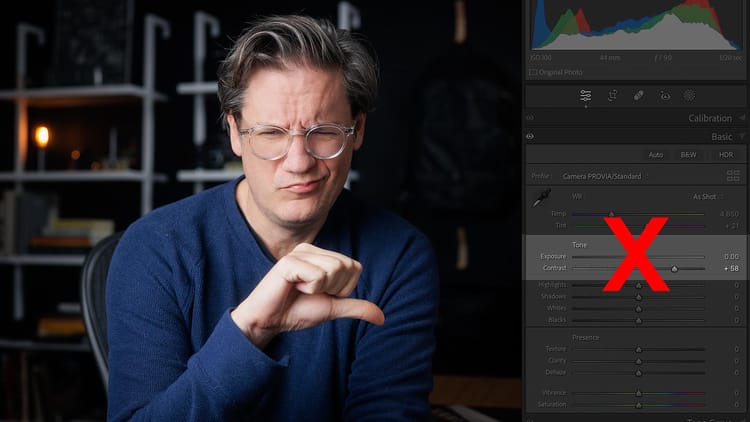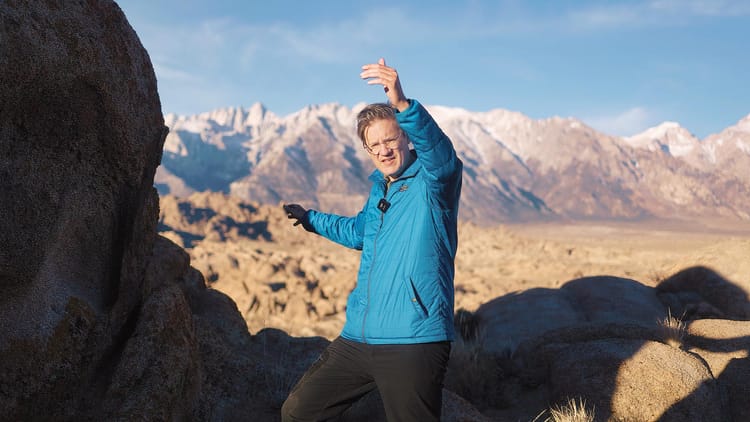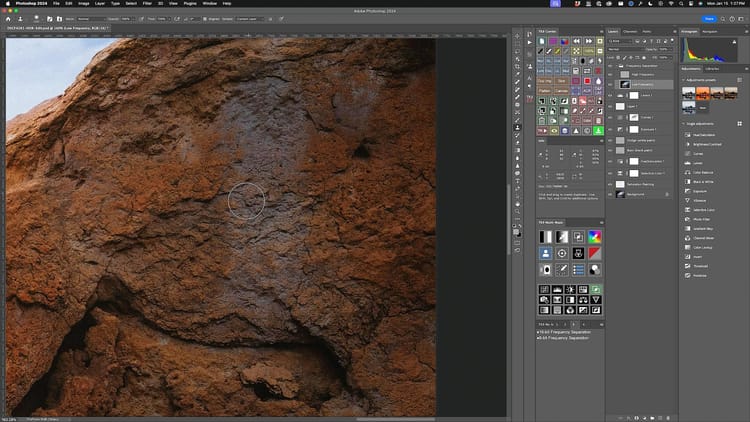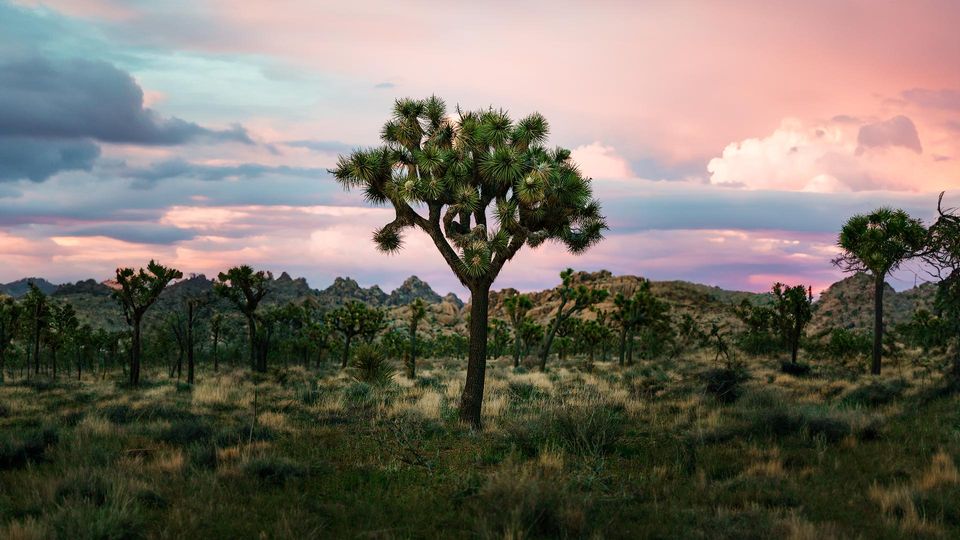
This is NOT a photograph (or is it?)
These days, it seems like the whole world is talking about artificial intelligence. I literally just listened to a podcast this morning that was full of bad omens and concerns about where the technology may be leading us, and what if anything we can do to "pause" development until humanity can figure out how to regulate and control it.
Photography is one of the most dramatic and unsettling aspects of AI, with startlingly real (but fake) images winning awards and distorting our perception of reality. On the bright side, AI has also been used to create a number of entertaining "what ifs?", including Wes Anderson directing Star Wars and Kurt Cobain singing Green Day.
And then last week, Adobe unleashed their own AI engine onto the world with the latest public release of Photoshop. Ready or not, AI is here, and is now in the hands of millions of photographers around the world. A development that will likely have a dramatic impact on the future of photography, and change how we perceive the authenticity of every image we see from this point forward.
To Adobe's credit, Photoshop is adding metadata to an image when some (or all) of an image has been generated using AI. This is a good step towards validating the authenticity of images, but as Piximperfect recently demonstrated, the digital watermarking is easy to circumvent.
While experimenting with Photoshop's new AI driven Generative Fill and Expand, I was reminded of the "ideal landscapes" created by photographer Bruce Barnbaum. His excellent Art of Photography book contains a couple of these images, created entirely by hand in a darkroom without Photoshop. Below is one example titled "Moonrise Over Cliffs and Dunes", a fictional landscape incorporating cliffs and dunes from different states and decades.
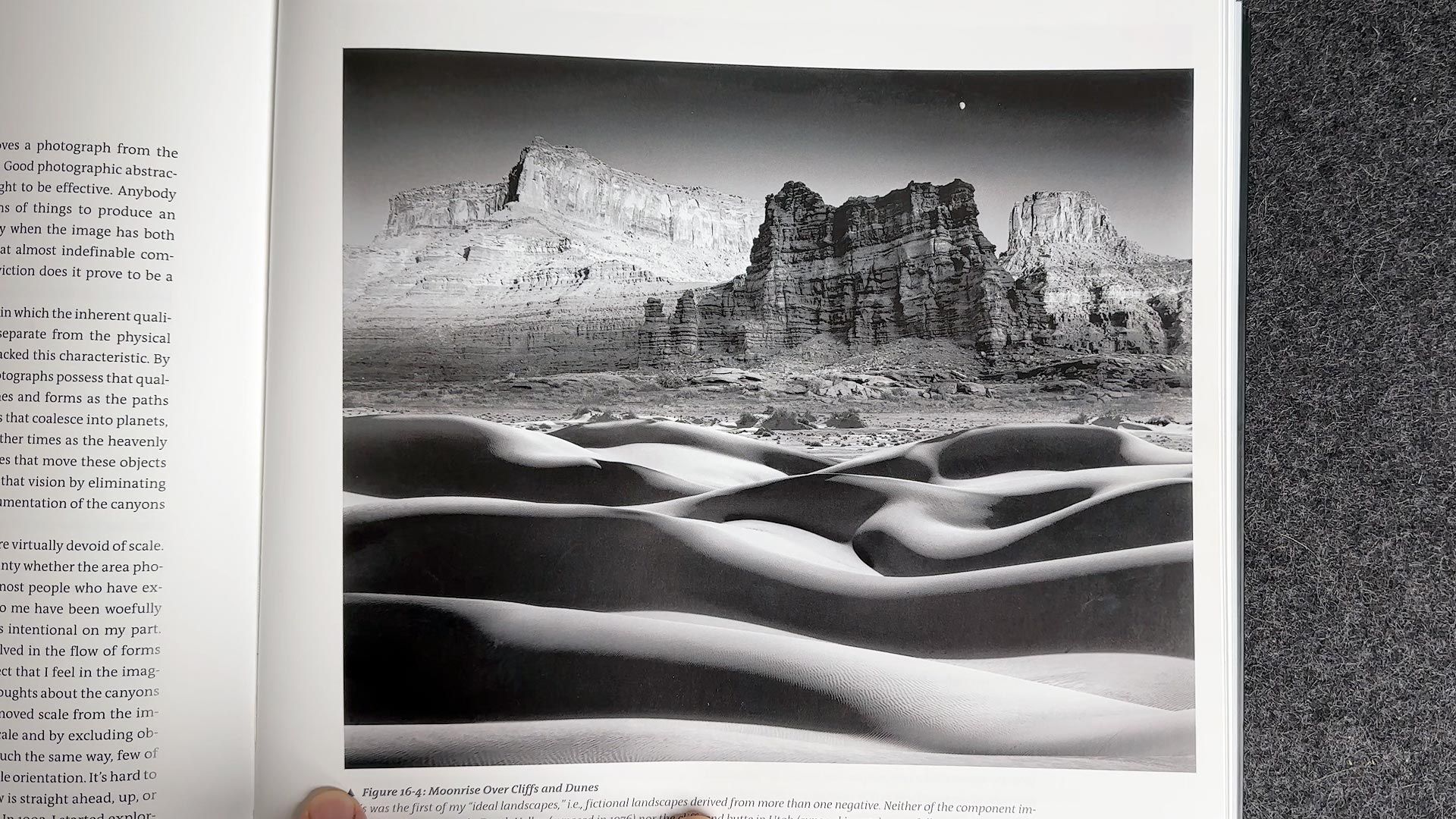
To me, his images ask the same questions everyone now faces with AI. Namely, when is a photograph no longer a photograph? And is there such thing as "real" and "fake" when speaking of art?
Here's what Barnbaum says in his book:
When I first displayed these composite images, some viewers objected strenuously, claiming they were, indeed, lies. But is a painting of any landscape realistic or a lie? What would be the reason to call a landscape photograph made from two separate negatives or two separate RAW files a lie when a landscape painting made with the easel set up in front of a magnificent landscape or in a studio is never considered a lie? It's always looked upon as the imagination of the painter. My "ideal landscapes" were created in my mind and darkroom. What is the difference?"
Granted, Barnbaum's artful composites and AI aren't exactly the same, for the latter is created out of thin air using textual prompts (and a bit of good luck), while the former was created using physical photographs made by Barnbaum. But both elicit the same questions about authenticity and realism in photography.
Many times I've questioned whether I am trying to "document" a landscape and present a truthful photograph, or if I am using the landscape as raw material to create my own subjective interpretation?
I'm attracted to realism because it is inherently truthful and honest. But I also believe that creative subjectivity is just as important, if not more. This is why I sometimes avoid realism by converting color raw images to black and white, or apply my own color toning and styling that deviates from what my camera captured. I want to create beautiful, artful images that feel grounded and real, yet communicate how I see the world.
There's still nothing as powerful or motivating as capturing a perfect image straight out of camera that requires little-to-no digital manipulation after the fact. That to me will always be the true goal. But I guess at the end of the day, I'm comfortable with a little fiction in my non-fiction, as long as it supports my creative intent.
Ultimately, all of us will have to answer for ourselves how comfortable we are with these new Generative AI superpowers, and where we draw the line.
Check out the video version of this article below:
